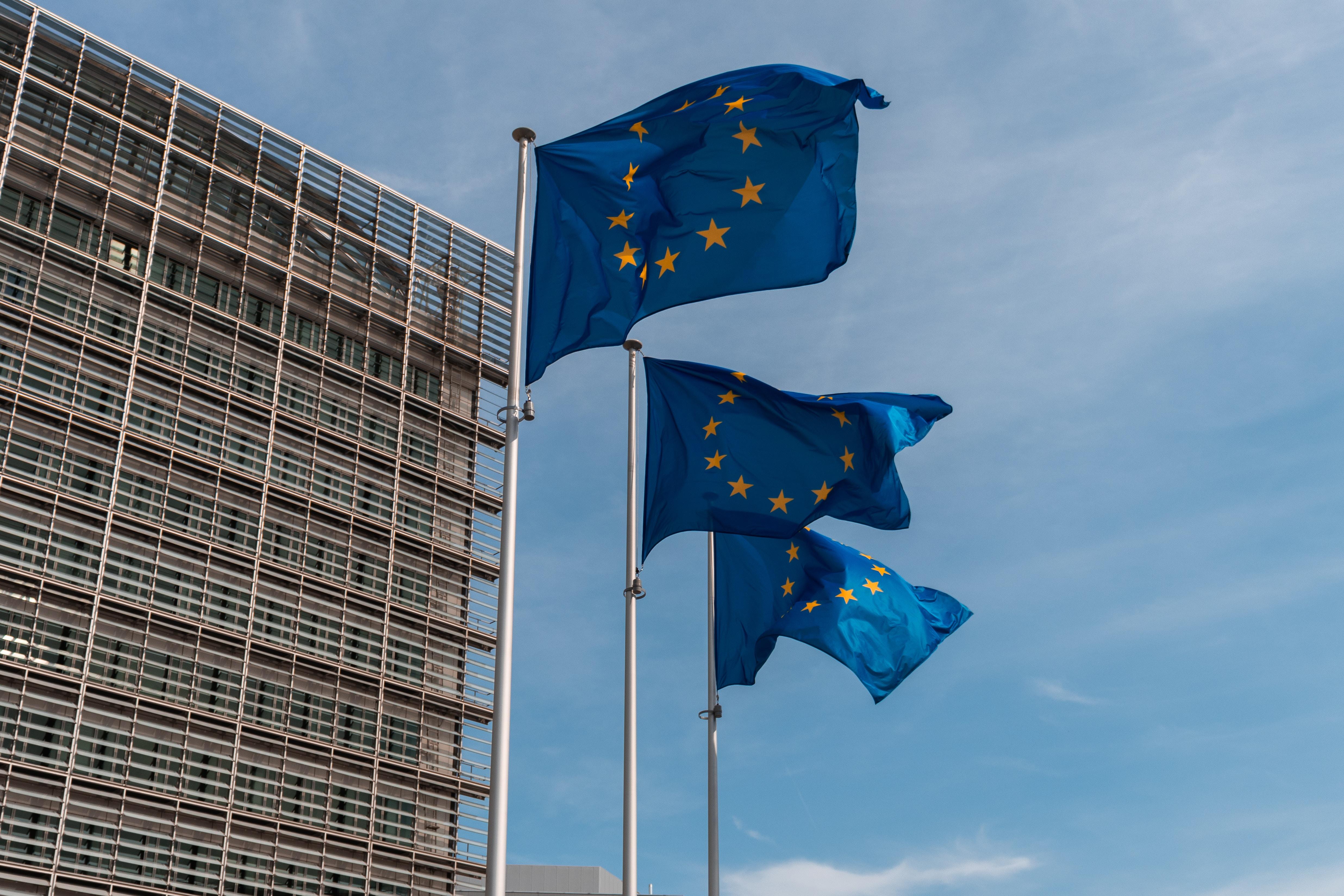
State of play - European Partnerships under Horizon Europe
On 9 and 10 March, ERA-LEARN together with the European Commission, DG Research and Innovation, organised a workshop on the future European Partnerships. The workshop was an occasion to exchange, share views and coordinate the development processes of the candidate Partnerships.
In his opening speech, the Director-General of DG Research and Innovation, Jean-Eric Paquet, called for a more ambitious approach in relation to the European Partnerships by “taking partnerships to another level”. He stressed the need to ensure that the partnerships support achieving the key policy objectives set at the European level. Increasing openness and impacts of the European Partnerships as well as coordination between the European Partnerships as well as different funding programmes were also highlighted during the opening session.
European Partnerships under Horizon Europe
Horizon Europe aims to simplify the landscape of the European Partnerships and to introduce a more strategic, coherent and impact-driven approach with a goal of fewer partnerships with more impacts. In practice this means that there will be only three types of partnerships: co-funded, co-programmed and institutional. All partnerships will have to fulfill similar objectives that include strategic orientation, common conditions of directionality through Strategic Research and Innovation Agendas (SRIAs) and ensure long term commitment and resources to the partnerships.
The European Partnerships are set to deliver on the objectives of Horizon Europe and the priorities of the European Union through joint research and innovation efforts with the Member States, private sector, foundations and other stakeholders. In principle, the European Partnerships allow to bring together a broad range of actors to work towards a common vision and translating it into concrete roadmaps and coordinated implementation of activities.
ERRIN and European Partnerships
ERRIN has been advocating for a greater involvement of local and regional stakeholders in the European Partnerships and their governance structures. This is crucial for creating synergies with regional programmes, ensuring better connection to societal needs and challenges, and increasing the impacts of the partnerships.
ERRIN, together with its members, follows closely the development of the Driving Urban Transition Partnership and the large-scale innovation and transformation of health systems in a digital and ageing society. ERRIN members are also involved in shaping a number of other partnerships in the cluster on climate, energy and mobility, such as the Towards zero-emission road transport (2ZERO) and Connected, Cooperative and Automated Mobility (CCAM).
Next steps
In April, the draft partnership proposals will be published. Later on, the letters of commitments will be sent to national governments to gather the tentative commitments for contributions. The adoption of COM proposals for Article 185/7 initiatives and start of negotiations is planned for September the earliest, as it will follow the adoption of Strategic Research and Innovation Agenda. The Partnerships will be presented during the R&I days in September (22-24).
Further information, including the presentations, from the ERA-LEARN workshop are available here.
- Agnieszka Wieczorek Jetha
- 16/03/2020
-
Working Group